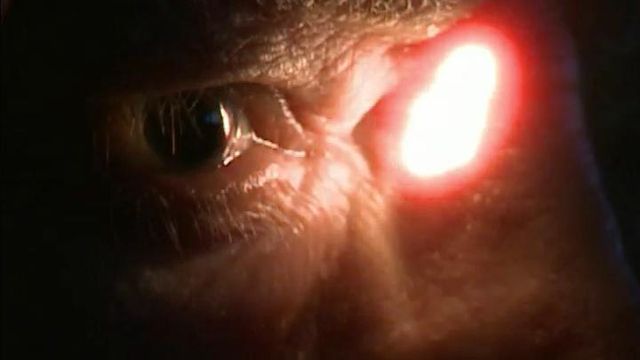Test could help prevent vision loss from macular degeneration
Fifteen million people in the United States suffer from macular degeneration, the leading cause of blindness. Researchers at the University of North Carolina at Chapel Hill say they have a test that can predict when a person will begin to lose their sight.
Posted — UpdatedTwo and a half years ago, C.A. Smith of New Bern learned that he had the dry form of macular degeneration in both eyes.
“In my right eye, I'm 20/30 and I'm able to drive, play golf – do most of the things I like to do,” he said.
But now the 73-year-old's left eye has the telltale signs of the "wet" form of the disease - where a vessel burst and leaked blood under the surface of the retina.
“That blood is causing permanent damage to the neurons of the retina,” said Dr. Sai Chavala, UNC opthamologist/retina specialists. In other words, the retina is dying.
Chavala said Smith is among the 20 percent of macular degeneration patients who develop the wet form. Chavala led a pilot study using a blood test to predict when high-risk patients might convert from dry to wet.
“So if we could prevent the blood from actually occurring in the eye, we might be able to preserve vision,” Chavala said.
The test measures a rare stem cell called a progenitor cell in the blood, which turns out to be a barometer for macular degeneration activity. The success of the small pilot study at UNC will move on eventually to a multicenter trial.
Smith already receives periodic vitamin injections in his right eye in hopes of preventing progression of the disease. No drug has been developed as a preventative treatment, but having a reliable predictive test is key.
“First we have to be able to predict, and then we can prevent,” Chavala said.
Smith said he is glad to be doing something to preserve the vision in his right eye, but he wishes he discovered the problem in his other eye sooner.
“If you let it go too long, you end up with a left eye like I have,” he said.
• Credits
Copyright 2024 by Capitol Broadcasting Company. All rights reserved. This material may not be published, broadcast, rewritten or redistributed.




